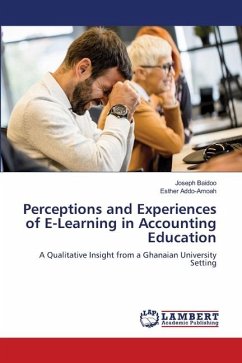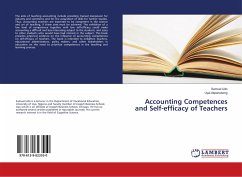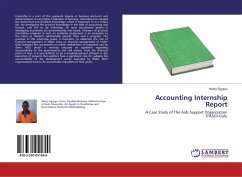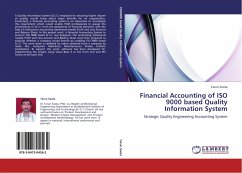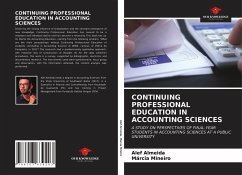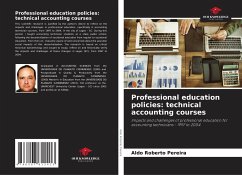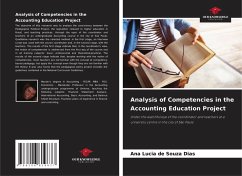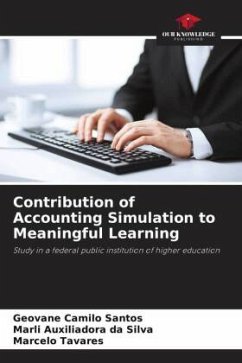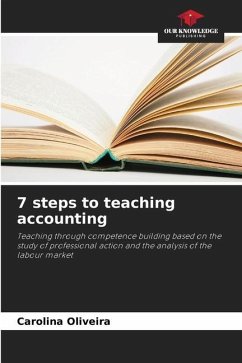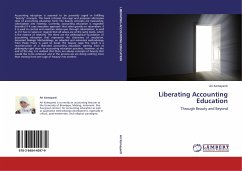
Liberating Accounting Education
Through Beauty and Beyond
Versandkostenfrei!
Versandfertig in 6-10 Tagen
52,99 €
inkl. MwSt.

PAYBACK Punkte
26 °P sammeln!
Accounting education is assumed to be presently caged in fulfilling beauty concepts. This book criticizes this cage and proposes alternative view of accounting education form. The beauty concepts are masculinity, colonization and relativity. Currently, accounting education is regarded beautiful if it uses masculine approach that relies greatly on rationalism; if it is used to control and maintain status quo through colonization; as well as if it has no values or regards that all values are at the same levels, which is the essence of relativity. The three are the philosophical foundation of acc...
Accounting education is assumed to be presently caged in fulfilling beauty concepts. This book criticizes this cage and proposes alternative view of accounting education form. The beauty concepts are masculinity, colonization and relativity. Currently, accounting education is regarded beautiful if it uses masculine approach that relies greatly on rationalism; if it is used to control and maintain status quo through colonization; as well as if it has no values or regards that all values are at the same levels, which is the essence of relativity. The three are the philosophical foundation of accounting education that represents the characters of secularism. Extended Dialogic Methodology, an adapted and extended methodology from Paulo Freire is used to break the beauty cage. The result is a reconstruction of a liberated accounting education, starting from its philosophy right down to accounting education practices. However, at the end of the day, it is realized that there are alwaysconcepts of beauty that would like to be achieved, and in the process we are doing nothing more than moving from one cage of 'beauty' into another.



